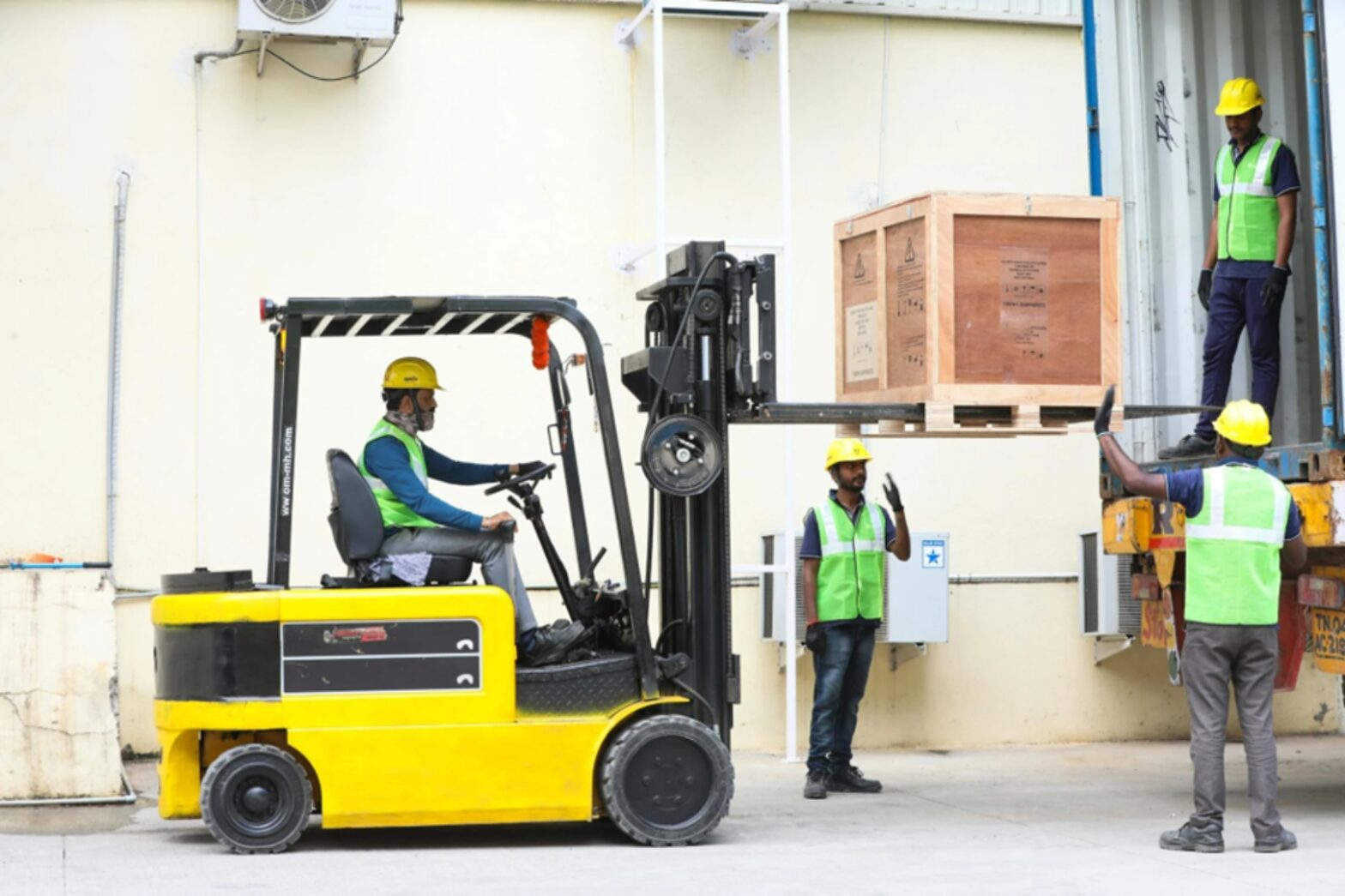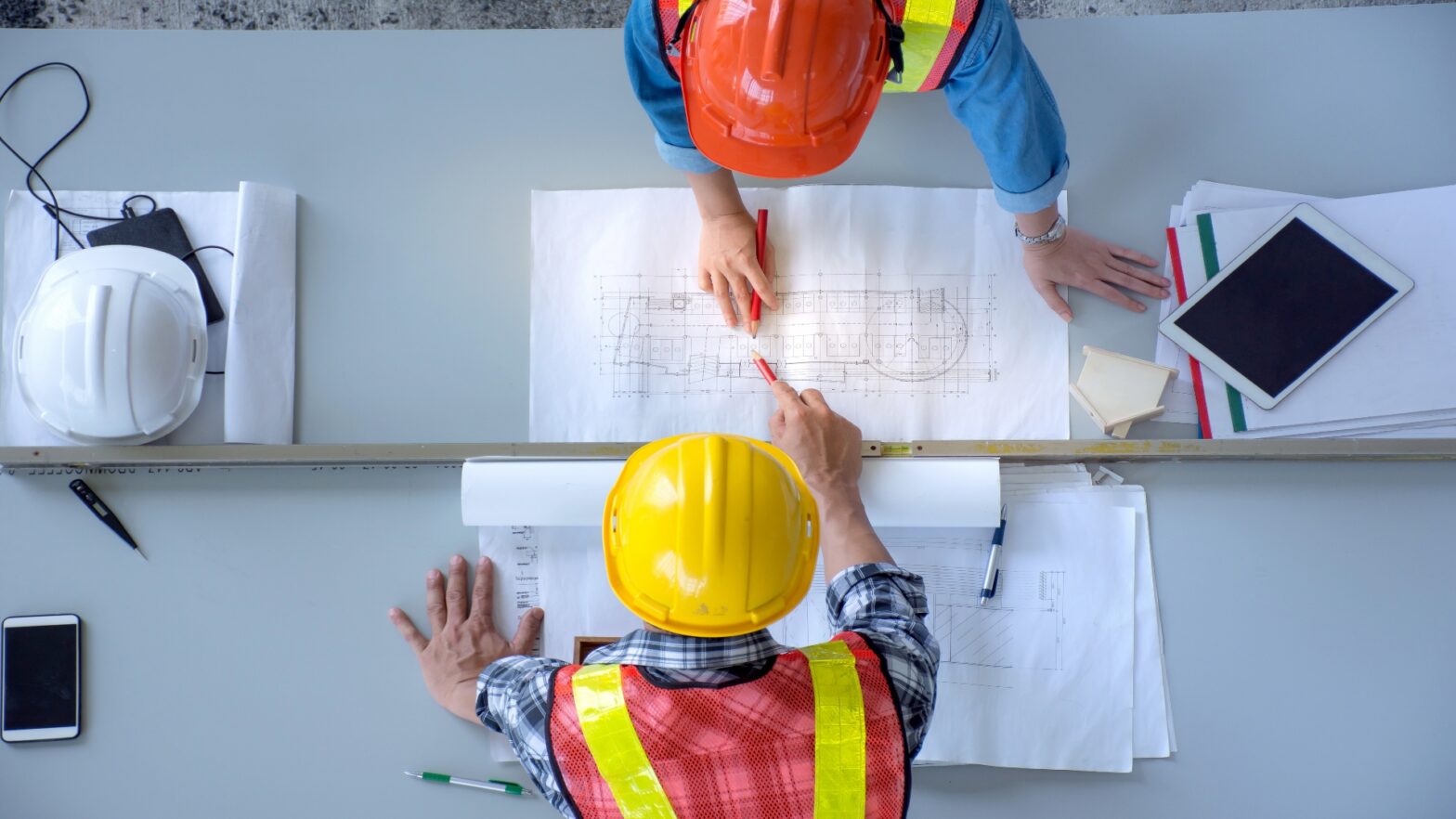Forklifts are indispensable on construction sites, moving materials and keeping operations smooth. Yet, these powerful machines can become dangerous when operated by untrained hands. A single mistake can result in costly damage, serious injury, or worse. That’s why ensuring proper training and certification isn’t just a formality—it’s a critical step toward creating a safer, more efficient work environment. Skilled operators don’t just navigate machines; they protect lives and prevent accidents that could halt a project in its tracks.
Why Forklift Certification is Essential
Forklift certification is now more accessible than ever, with the option to complete forklift certification online. Workers no longer need to attend lengthy in-person courses; they can conveniently complete training at their own pace. This flexibility makes it easier for construction workers to get certified, ensuring they stay compliant and competent without interrupting their busy schedules.
With its ease of accessibility, there’s no reason not to be certified. But for those who still have doubts, below are some compelling benefits of obtaining forklift certification.
Beyond convenience, certification plays a crucial role in workplace safety. Forklifts are powerful machines that can quickly put someone in a compromising position if they are not properly trained and certified. This is especially true with rough terrain forklifts since rough task sites, steep gradients, and uneven ground need accuracy and stability at every turn.
Without proper training, operators run the risk of damaging equipment, delaying projects, or even causing fatal accidents. Certification provides an assurance that workers have received instruction on how to operate a heavy machine responsibly under difficult conditions, as well as how to handle heavy loads safely while identifying other hazards before they can turn into accidents. Therefore, certification is not just a regulatory requirement; it is a precautionary measure so that workers can work safely while protecting the company and everyone else working on or around the job site during the duration of the task.
Ensures Legal Compliance
Operating a forklift without certification isn’t just risky—it’s illegal in many places. Construction companies are required by law to have certified operators handling heavy machinery, including forklifts. Without proper certification, businesses can face heavy fines, legal penalties, and even shutdowns. Certification ensures workers understand safety protocols, equipment regulations, and best practices, protecting workers and employers from costly legal consequences.
Helps Workers Stay Safe on the Job
Forklift certification plays a crucial role in keeping workers safe on construction sites. Certified operators are trained to understand the risks involved in forklift operations and are equipped with the knowledge to prevent accidents. They learn to navigate busy job sites, secure loads properly, and follow safety protocols in high-pressure environments. This training ensures that workers are prepared for potential hazards, significantly lowering the chances of injuries and keeping themselves and their colleagues safe on the job.
Improves Job Performance
Certification doesn’t just teach safety—it enhances overall job performance. Certified forklift operators are trained to handle the machinery efficiently, improving productivity on construction sites. With the right skills, they can move materials faster, avoid downtime due to mishandling, and keep projects running smoothly. This leads to fewer delays, which benefits both workers and employers.
Increases Earning Potential
Forklift certification enhances safety and improves a worker’s marketability in the construction industry. Certified operators often earn higher wages compared to their uncertified peers, as companies recognize the value of skilled and competent forklift drivers. With certification in hand, workers are in a better position to negotiate salaries and secure more job opportunities, giving them an edge in a competitive job market.
Common Forklift Accidents and How Training Prevents Them
Forklifts, while essential, come with inherent risks that can lead to serious accidents if not handled properly. A lack of forklift training increases the chance of mistakes that could harm workers, damage equipment, or stall a project. However, certified operators are equipped with the knowledge and skills to navigate these hazards safely.
Tip-Overs
One of the most dangerous forklift accidents is a tip-over, which can happen when the machine is overloaded or driven on uneven ground. Without proper training, operators might not understand weight limits or how to navigate rough terrain safely. Certification teaches them to recognize these hazards and how to balance loads properly, preventing accidents that could result in serious injury or damage to the equipment.
Collisions
Collisions are another common issue, especially on busy construction sites. With so many workers, vehicles, and materials moving at once, the potential for accidents is high. Untrained operators may struggle to control the forklift or misjudge distances, leading to collisions. Safety training provides operators with the skills to maneuver forklifts safely, remain aware of their surroundings, and avoid obstacles, reducing the risk of costly or dangerous collisions.
Falls from Lifts
Falls are a significant concern when workers use forklifts to lift people or materials to higher levels. Without proper safety measures, workers can fall from the lift, causing severe injuries. Certified operators are trained to secure platforms, ensure stability, and follow safety protocols to protect everyone involved. This training minimizes the likelihood of falls and ensures that lifting tasks are completed without incident.
Load Spills
Incorrectly securing or handling loads can lead to spills, which are dangerous and can damage valuable materials. Proper forklift training emphasizes the importance of load security, ensuring operators know how to stack and transport materials safely. They will also learn how to use various forklift attachments properly. By following these guidelines, certified operators help prevent load spills, which keeps the worksite safe and prevents project delays.
Wrapping Up
Forklifts are powerful tools that play a crucial role in the success of any construction site, but they demand respect and skill to operate safely. Certification and ongoing safety training are more than just industry requirements—they are essential for protecting workers, preserving equipment, and ensuring efficient operations. By investing in proper training, companies meet legal obligations and foster a culture of safety and excellence. In the fast-paced, high-risk world of construction, well-trained forklift operators are the key to a productive and secure work environment.





























